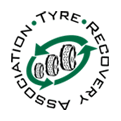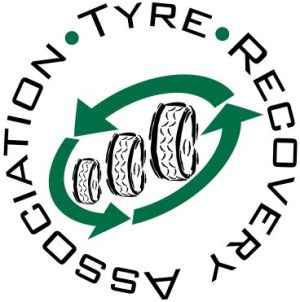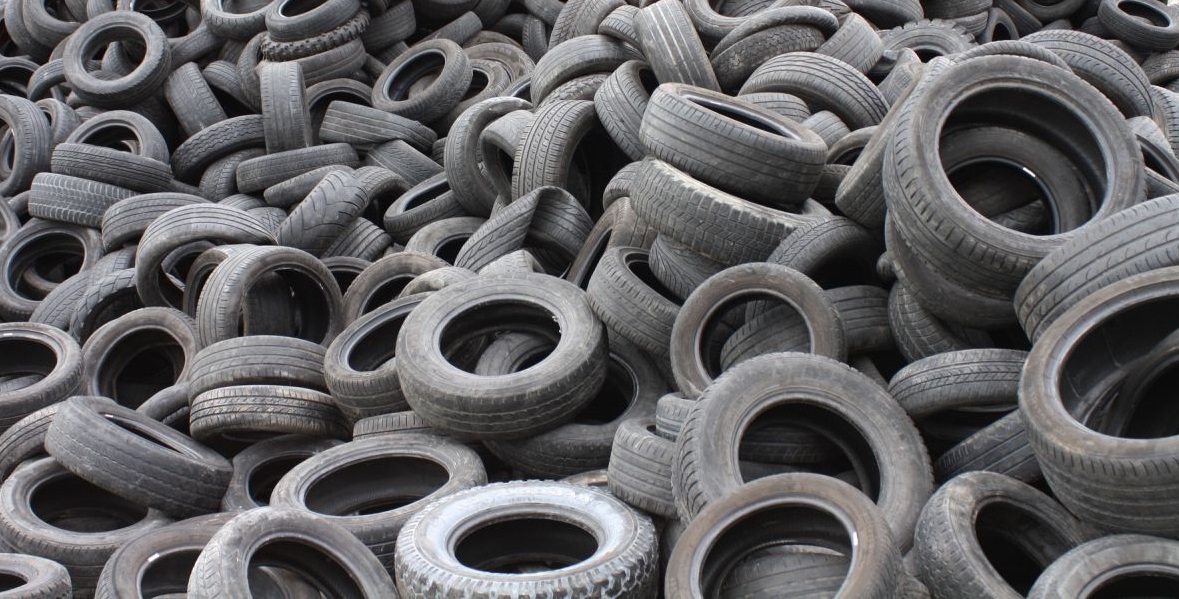Britain must face up to the reality of its actions if it is to live…
Regulation and enforcement key themes at TRA tenth anniversary Recycling Day
The Tyre Recovery Association’s (TRA) Recycling Day, a one-day conference and dinner organised in partnership with the Retread Manufacturers Association, was held at the Ardencote Manor, Warwickshire on Friday the 19th of June. The conference, celebrating the tenth anniversary of the TRA, was attended by representatives of the tyre and waste recycling industries and included presentations covering key themes such as regulations and enforcement; best practise and innovation; common causes and issues facing the industry.
The conference was an opportunity for TRA members and industry stakeholders to engage with associations and regulating bodies on the topics they care about most. Representatives from major industry associations including Mike Wilson and Peter Taylor from the TRA; Alan Bithell from the RMA; Stefan Hay from the NTDA (National Tyre Distributors Association); and Stuart Jackson from TIF (the Tyre Industry Federation) updated attendees on their organisations’ progress.
The Environment Agency (EA) and Fire Safety Regulation summarised the key regulatory issues and changes affecting tyre recycling and waste management. Howard Leberman, a senior advisor on waste regulations at the Environment Agency, discussed the changes and updates to regulations regarding waste and recycling including changes in the EA’s approach to Site Exemptions. He noted that – while some sites have been designated ‘low risk’ because the volume of waste on-site is limited – these sites still require investigating to make sure that they are complying with the conditions of their exemption. The EA recently issued a ‘call for evidence’ to the industry, asking for examples of illegal activity from businesses to be submitted to the EA for prioritisation and investigation. Mr Leberman added that the EA are looking at a proposal to scrap Site Exemptions entirely.
The subject of regulations and enforcement returned consistently throughout the day. Delegates warned that the lack of enforcement for those organisations who do not take the time or spend the money to stay compliant, and who are therefore operating dangerously, has left those who do comply unable to compete. The TRA reaffirmed its commitment to work alongside regulatory bodies to shape legislation and provide evidence-based proposals for sites that require enforcement, but pointed out that the regulatory environment needs to be much more robust to encourage market development.
Chris Callow, Head of Policy at the London Fire Brigade, introduced how the Fire Service deals with waste fires and outlined the issues for firefighters that are specific to tyre sites; pointing out how they are using experience from previous incidents to adapt techniques and approaches for dealing with future tyre-related fires.
The Recycling Day also celebrated best practice in tyre recovery, processing and recycling, presenting John Bramwell of CONICA Ltd with the first ever PAS 107 QP Certificate of Qualification. The certificate acknowledges that CONICA has passed inspection and assessment; affirming that any tyre waste that is managed and recovered at CONICA complies with PAS 107, can be classed as a non-waste product and is not required to be handled under waste management controls.
Gary Nelson, Director of independent environmental consultants Abricon, introduced the updated PAS 107 QP standard, its audit and inspection process and the benefits of certification. He outlined how, by receiving PAS 107 certification and removing the designation of ‘waste’, certified companies can simplify the process of handling recycled tyres. There are a number of companies who are in the process of completing the audit and inspection process and more are predicted to follow the example set by CONICA.
Representatives from the tyre industry gave examples of innovations and how companies can embrace tyre recycling and promote corporate social responsibility. Stuart Jackson, Managing Director of Apollo Vredestein UK, presented how his organisation has improved best practise in its tyre recycling initiatives and gave examples of where their recycled tyre materials are being utilised around the UK – including in football pitches and playgrounds.
Davide Lo Presti, a researcher from the University of Nottingham, discussed the processes, benefits and challenges for using tyre rubber on UK roads. He argued that the benefits of using a recycled tyre rubber compound in road surfaces (when compared to traditional techniques) include increased flexibility, water permeability and life-span as well as reduced cracking and noise pollution.
The results of an EU part-funded project participated in by RMA member BANDVULC Group were presented by Richard O’Connell, Director at BANDVULC. The project aims to develop a standard tool for producing tyre labels for retreaded truck tyres, something that has not been possible up until now. Michelin’s Guy Heywood also discussed the growth of very low cost Chinese tyres in the UK truck tyre market, what has driven the growth and the impact it could potentially have on tyre recovery, recycling and retreading in the UK.
Peter Taylor, Secretary General of the TRA, closed the conference with a word of thanks to the delegates and speakers who made the day a success. He celebrated the achievements of the TRA over its first ten years before addressing the topic of regulation and enforcement that had been prevalent throughout the conference.
“However well-intentioned, we are drowning in regulation,” said Peter Taylor “while enforcement – where it exists at all – is often cumbersome and slow. I believe it is time for a new approach. The regulatory environment must assist and encourage market development, not stifle it. We also need to do more to encourage new product development and protect resource-efficient retreading, for the simple reason that it makes good environmental sense.”


